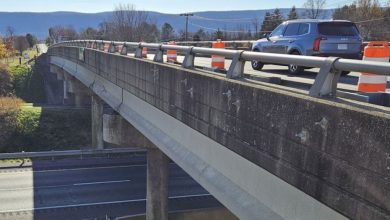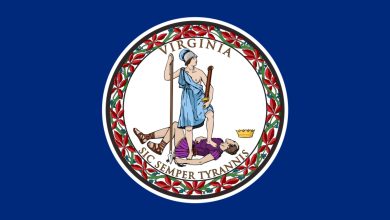Virginia becomes first state to submit all BEAD plans, aims to bridge digital divide with the help of $1.48B federal grant
Virginia – Governor Glenn Youngkin last week announced the federal approval of Virginia’s ambitious broadband expansion plan, therefore making a significant step towards bridging the digital divide. Approved by the National Telecommunications and Information Administration (NTIA), this important authorization marks a major turning point in reaching $1.48 billion designated via the Broadband Equity, Access, and Deployment (BEAD) program, part of the larger federal Infrastructure Investments and Jobs Act.
Setting a national benchmark and establishing Virginia as a leader in broadband availability, Virginia has become the first state to turn in all necessary BEAD plans.
Governor Glenn Youngkin stated that with these resources, Virginia can close the digital gap and guarantee every Virginian has access to high-speed internet. Driven by Virginia’s dedication to fast, affordable internet connection, this initiative complements Virginia’s recent ranking as America’s top state for business in 2024.
With a national budget of $42.45 billion, the BEAD program seeks to improve internet access by supporting infrastructure development, planning, affordability, and adoption campaigns spread around the nation. Building on past efforts by the Virginia Telecommunication Initiative (VATI), the Department of Housing and Community Development (DHCD) will oversee Virginia’s share of the money.
“In today’s digital world, broadband is critical infrastructure that is necessary for Virginians and Virginia business to thrive,” said Secretary of Commerce and Trade Caren Merrick. “This approved proposal lays out our strategy to connect all across the Commonwealth and ensure no Virginian is left behind.”
Along with connectivity, the all-encompassing plan focuses on cost and broad acceptance of broadband services.

The BEAD program’s next actions center on identifying and completing the sites without high-speed internet connection that are not already covered by any current state or federal deployment projects. Virginia will enter the application process, scheduled to start later this year, once these sites have NTIA approval. This phase will let broadband companies suggest enhancements of their offerings to areas lacking their services.
Bryan Horn, Director of DHCD and Chief Broadband Advisor, praised the group work producing the strong plan.
Read also: Midlothian man pleads guilty to multi-million dollar fraud and tax evasion scheme
“Virginia has been a national leader in the broadband arena, and the approved proposal lays out a comprehensive approach to connect all Virginians through state and federal resources,” said DHCD Director and Chief Broadband Advisor Bryan Horn. ”We applaud the collaboration of our broadband partners to develop a strong proposal that addresses both connectivity and affordability.”
Virginia has directed over $935 million in state and federal money since 2017 to expand broadband infrastructure to over 388,000 locations in 80 cities and counties all over the Commonwealth. An extra $1.1 billion in matching money from local governments and internet service providers has been added to these funds, thus increasing the impact of the investments.
Read also: Virginia sees significant job growth with 15,000 new positions in June
The public may visit the dedicated broadband page of the DHCD at dhcd.virginia.gov/broadband for more information on Virginia’s broadband projects and potential advancements.




